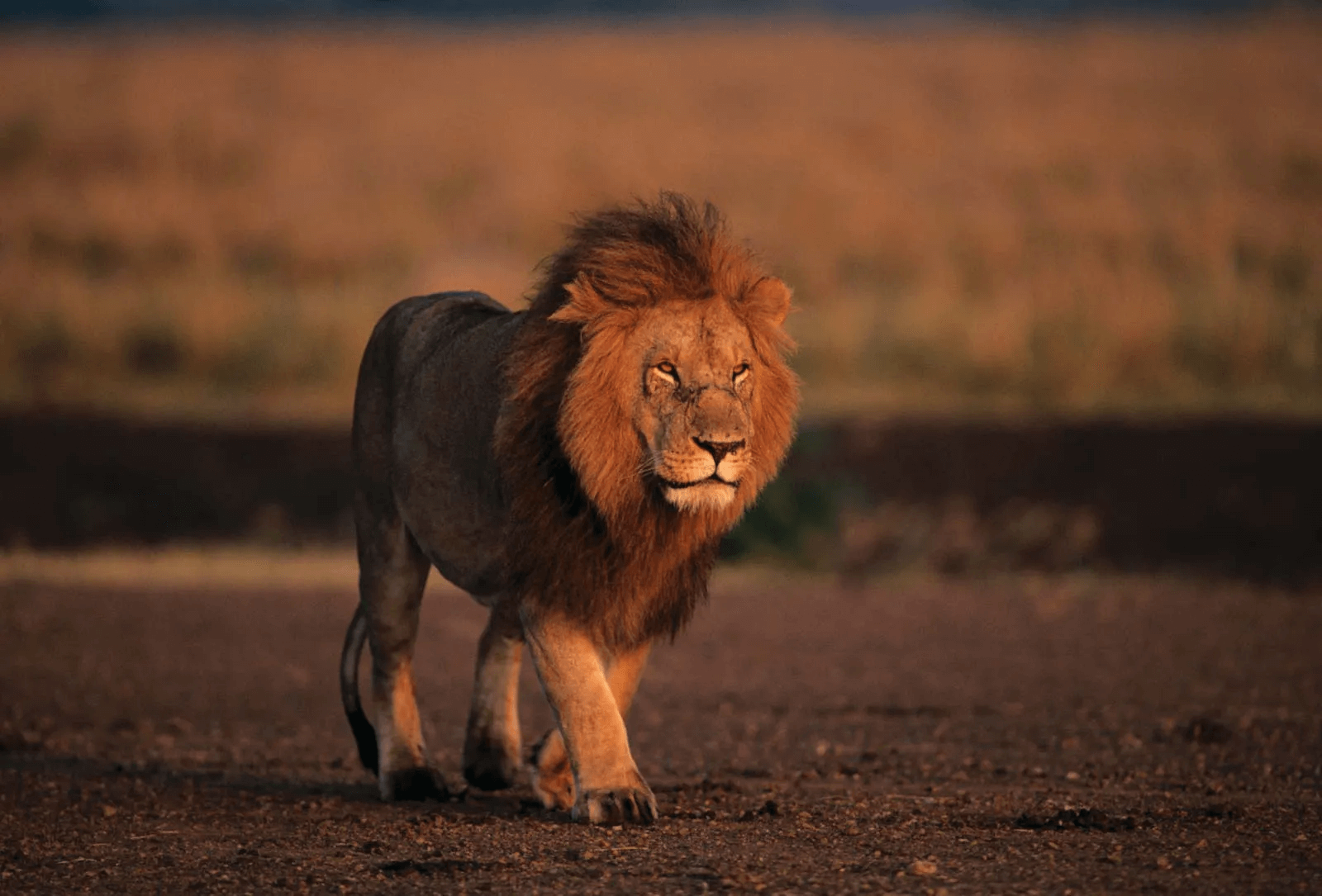What Is Lion Known For?
When we think of lions, we often picture the majestic, powerful creatures that roam the African savannas. Lions are known for their impressive manes, fierce hunting skills, and their status as the king of the jungle. But there is so much more to these incredible animals than meets the eye. In this article, we will explore what lions are known for, their behavior, habitat, and their importance in the ecosystem.
Lion Behavior
Lions are known for their social behavior, living in groups called prides. These prides typically consist of a few adult males, several adult females, and their offspring. This social structure allows lions to hunt cooperatively, taking down large prey such as zebras, wildebeest, and buffalo. The lioness, or female lion, is the primary hunter within the pride, using stealth and teamwork to bring down prey. This cooperative hunting behavior is one of the reasons why lions are known as apex predators in their habitat. Additionally, lions are known for their loud, powerful roars that can be heard from miles away, serving as a form of communication with other lions in the area. This unique behavior is a key characteristic of lion social structure and communication.
Lions are also known for their territorial behavior, marking their territory with urine and distinctive roars. This territorial behavior helps to define the boundaries of their pride’s territory, protecting it from rival lions and other predators. Male lions are particularly known for their fierce defense of their pride and territory, often engaging in aggressive confrontations with intruders to protect their pride and offspring. This territorial behavior is a crucial aspect of lion survival and reproductive success.
Another fascinating behavior that lions are known for is their grooming and bonding rituals within the pride. Lions often engage in mutual grooming, which serves to strengthen social bonds and maintain the health and hygiene of the pride. This grooming behavior plays a vital role in the cohesion and stability of the pride, contributing to the overall success and survival of the group.
Lion Habitat
Lions are primarily found in the grasslands, savannas, and open woodlands of sub-Saharan Africa, as well as the Gir Forest in India. These habitats provide the ideal environment for lions to thrive, with an abundance of prey, water sources, and suitable vegetation for hunting and shelter. Lions are well-adapted to these diverse habitats, using their keen senses and physical prowess to navigate the varied terrain and secure their place as apex predators within their ecosystems.
Lions are known for their ability to adapt to a range of environmental conditions, from the hot, arid savannas to the dense, thorny shrublands. Their flexibility in habitat selection and hunting strategies has allowed lions to establish themselves as one of the most iconic and widespread large predators in the world. This adaptability is a key factor in the continued survival and success of lion populations in the wild.
Lion Importance in the Ecosystem
Lions play a crucial role in the ecosystems they inhabit, regulating prey populations and maintaining a balance within their food web. As apex predators, lions help to control the numbers of herbivores such as gazelles, wildebeest, and zebras, preventing overgrazing and preserving the delicate balance of the ecosystem. This top-down regulation of prey populations has far-reaching effects on the vegetation, water availability, and the diversity of other species within the ecosystem.
Furthermore, lions are known for their influence on the behavior and distribution of their prey, shaping the landscape and dynamics of the ecosystem. The fear of predation by lions can drive changes in the behavior and movement patterns of herbivores, ultimately impacting the structure and function of the ecosystem as a whole. This ripple effect of lion presence highlights their significance in maintaining the health and stability of the natural world.
Lion Conservation
Despite their iconic status and cultural significance, lions face numerous threats in the wild, including habitat loss, human-wildlife conflict, poaching, and depletion of their prey species. These challenges have resulted in a significant decline in lion populations across Africa and Asia, raising concerns about the long-term survival of these magnificent animals.
Lion conservation efforts are focused on addressing these threats and mitigating the impact of human activities on lion populations and their habitats. Conservation organizations work to create protected areas, promote sustainable land management practices, and engage local communities in lion conservation initiatives. These efforts aim to safeguard the future of lions and ensure their continued presence in the wild for generations to come.
In Summary
Lions are known for their formidable behavior, social structure, and ecological importance. Their iconic status as the king of the jungle reflects their strength, resilience, and significance in the natural world. By understanding what lions are known for, we can appreciate their role in maintaining the delicate balance of ecosystems and work towards ensuring their conservation and coexistence with human communities.
,refusal: null









